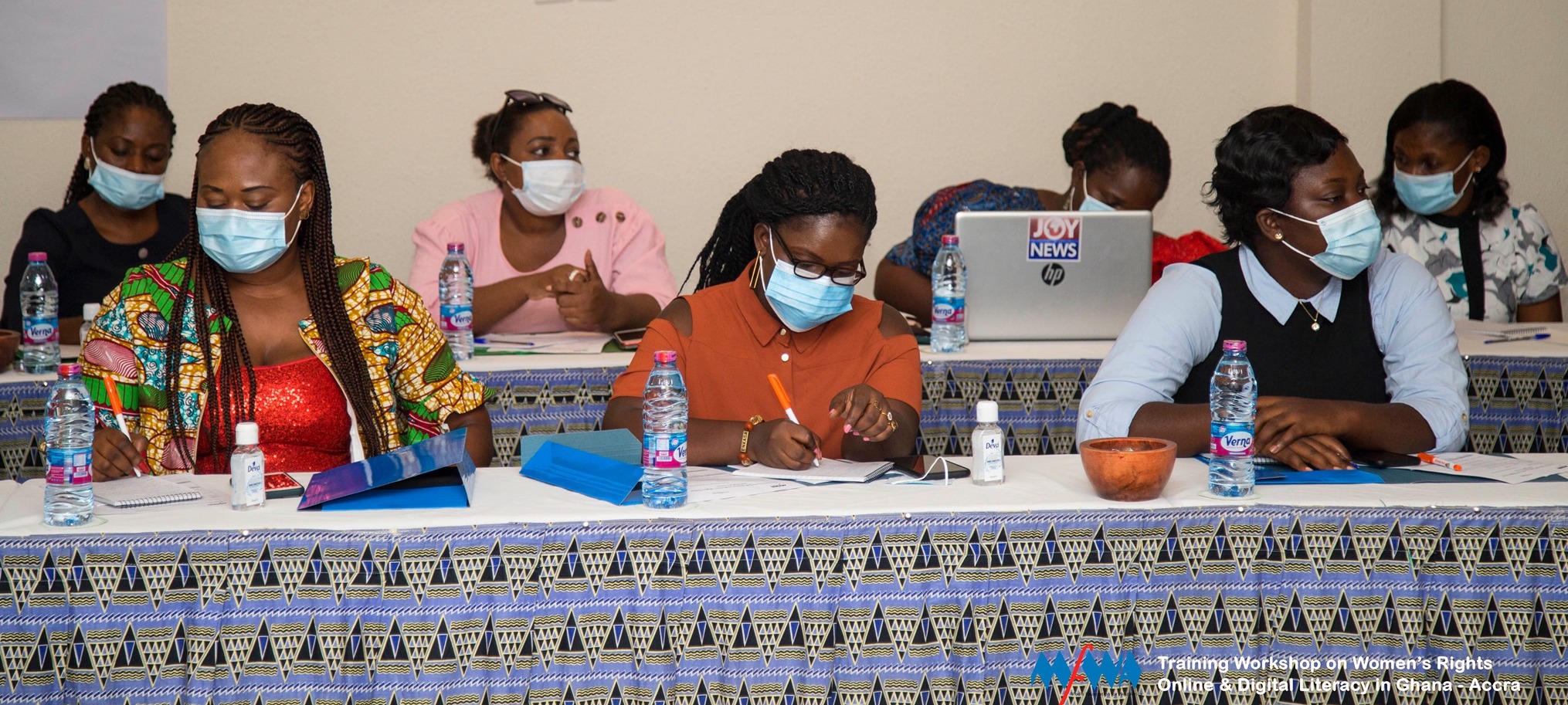The Media Foundation for West Africa (MFWA) celebrates women in Ghana and across the West Africa region for the gallant roles they continue to play at the local, national, and international levels, most especially during the COVID-19 outbreak.
In particular, the MFWA congratulates all the women who have put their lives on the line as frontline health workers and caregivers to save lives, and as journalists to keep the public informed about the pandemic, even at the peak of the outbreak.
The COVID-19 pandemic undoubtedly exposed the challenges and inequalities women continue to face in both offline and online spaces as Women were the worst hit by the devastating effects of the COVID-19 outbreak.
This became starker when the COVID-19 situation pushed a lot of offline activities and engagements into the online world as a result of safety measures and movement restrictions put in place by various governments to contain the spread of the virus.
Unfortunately, many women in Ghana and West Africa remain offline as a result of challenges, including access, affordability, digital literacy, online harassment, as highlighted in a Report Card produced by the Web Foundation and the MFWA. Thus, while the world practically moved into an online society, many women in the region were left behind, thereby losing out on business opportunities and services that were critical to their survival and economic empowerment.
Girls also received their fair share of the impact of COVID-19 as technology became the centre of education due to the fact that schools were closed and learning activities and lessons were moved online. Many girls, including those in the urban and most especially those in the rural areas were left out as they did not have digital access and skills.
In line with the theme for the 2021 International Women’s Day (#ChooseToChallenge), the MFWA is choosing to challenge Governments in West Africa, to provide the enabling environment for gender-equitable access to the internet and other ICTs.
In Ghana, the MFWA, with funding support from the Web Foundation has undertaken a mapping of selected policy documents to identify the gaps that need to be filled to ensure that women can access and use the internet and other ICTs.
Among other things, the soon-to-be-launched report highlights provision of gender-disaggregated data as one of the major challenges in policies. This makes it difficult to measure progress towards bridging the digital-gender divide. Funding to implement some of the policies that could enhance women’s participation in online spaces is also another major challenge identified, and so is the lack of/ inadequate provision for sensitisation in many of the policies.
The organisation is, therefore, challenging government to demonstrate its commitment to closing up the digital gender gap by adopting the recommendations made in the Baseline Report on Women’s Rights Online Issues in Ghana and the five-point Action Plan proposed in the Report Card on Ghana.
As an organisation, the MFWA will continue to promote women’s rights online as part of its Digital Rights Programme. We remain committed to engaging the relevant stakeholders and training women’s rights groups, journalists, and bloggers to empower them to support the advocacy and to contribute to the creation of relevant online content that speaks to the needs of women and girls in Ghana and the rest of West Africa.
The International Women’s Day is celebrated every March 8.





